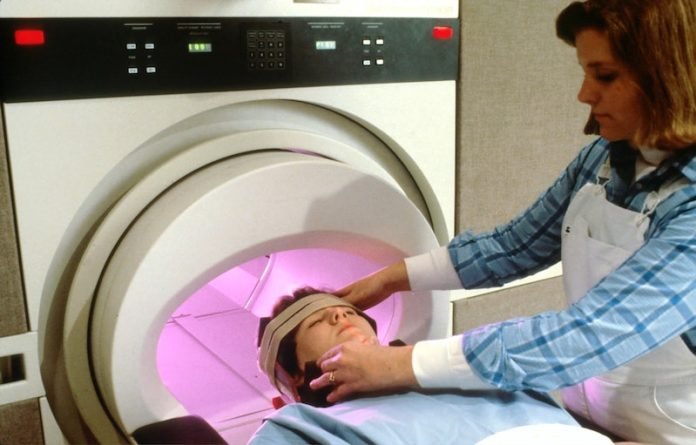
In a study from the University of Colorado, scientists found an ancient human foraging instinct, fueled by fructose production in the brain, may hold clues to the development and possible treatment of Alzheimer’s disease (AD).
The findings offer a new way of looking at a fatal disease characterized by abnormal accumulations of proteins in the brain that slowly erodes memory and cognition.
The team suggests that AD is a harmful adaptation of an evolutionary survival pathway used in animals and our distant ancestors during times of scarcity.
When threatened with the possibility of starvation, early humans developed a survival response that sent them foraging for food. Yet foraging is only effective if metabolism is inhibited in various parts of the brain.
Foraging requires focus, rapid assessment, impulsivity, exploratory behavior and risk-taking. It is enhanced by blocking whatever gets in the way, like recent memories and attention to time.
Fructose, a kind of sugar, helps dampen down these centers, allowing more focus on food gathering.
In the study, the researchers found the entire foraging response was set in motion by the metabolism of fructose whether it was eaten or produced in the body.
Metabolizing fructose and its byproduct, intracellular uric acid, was critical to the survival of both humans and animals.
The researchers noted that fructose reduces blood flow to the brain’s cerebral cortex involved in self-control, as well as the hippocampus and thalamus.
Meanwhile, blood flow increased around the visual cortex linked to food reward. All of this stimulated the foraging response.
The team believes that initially the fructose-dependent reduction in cerebral metabolism in these regions was reversible and meant to be beneficial.
But the chronic and persistent reduction in cerebral metabolism driven by recurrent fructose metabolism leads to progressive brain atrophy and neuron loss with all of the features of AD.
The team suspects the survival response, what he calls the “survival switch,” that helped ancient humans get through periods of scarcity, is now stuck in the “on” position in a time of relative abundance.
This leads to the overeating of high-fat, sugary and salty food prompting excess fructose production.
Fructose produced in the brain can lead to inflammation and ultimately Alzheimer’s disease, the study said.
Animals that were given fructose show memory lapses, a loss in the ability to navigate a maze, and inflammation of the neurons.
If you care about brain health, please read studies about a new cause of Alzheimer’s disease, and how the Mediterranean diet could protect your brain health.
For more information about brain health, please see recent studies about diabetes drug that may also help prevent Alzheimer’s, and this stuff in your nose may trigger Alzheimer’s disease.
The study was conducted by Richard Johnson et al and published in The American Journal of Clinical Nutrition.
Copyright © 2023 Knowridge Science Report. All rights reserved.



